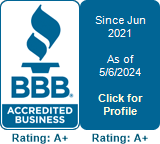How to Cope With Addiction Triggers
If the first time you think about how to cope with a trigger is when you encounter one, you’re at a greater risk of relapsing. By understanding what an addiction trigger is, how it fits into the addiction cycle, and how to cope with them in healthy ways, you can reduce the risk of relapse and achieve your recovery goals.
What Is an Addiction Trigger?
An addiction trigger is anything that stirs up the urge in someone to drink or use. These triggers prompt emotional cues—thoughts, feelings, or memories often rooted in past pain or trauma—that then perpetuate the cycle of addiction. Triggers vary based on the individual, but learning how to identify and respond to them in healthy ways is vital in the early stages of addiction recovery.
Common Examples of Triggers
Some examples of common addiction triggers include:
- Old habits and routines (like the drive home or getting ready in the morning)
- People or locations that act as reminders of past use or drinking
- Hearing songs or seeing scenes from television or movies associated with past use
- Witnessing other people using or drinking
- Other people talking about using or drinking
- Being alone
It’s important to remember that not all triggers are so obvious, and you might encounter triggers at any time, even doing something seemingly harmless such as watching TV or taking a walk through the park with a loved one.
How to Identify Triggers
The worst time to think about how you’re going to deal with a trigger is in the heat of the moment. Preparation is crucial, and the better you get at identifying triggers before you encounter them, the easier it will be to achieve your recovery goals. We have a guide about how to proactively identify and prepare for high-risk events where you might encounter triggers, but one of the clearest indications that you’ve encountered one early on in recovery is that you’ll often feel the craving to drink or use.
You may also experience physical symptoms like sweating, increased heart rate, or feelings of anxiety and fear about relapsing. When this happens, ask yourself what your relapse prevention plan is during high-risk moments and proceed accordingly.
Simply by retracing your steps and asking the question, “What made me want to drink or use?” you’ll begin to identify what your triggers are. For some people, clinical guidance is necessary to gain awareness and insight as to more complex triggers rooted in mental health issues, trauma, family dynamics.
Triggers and the Addiction Cycle
Getting better at managing triggers is at the foundation of success for sustainable addiction recovery. You can’t control triggers since you might encounter them at any time and at any stage of recovery—but what you can control is your response to them. However, you can’t control triggers through sheer determination alone. You need to ground yourself in a life of physical, mental, emotional, and spiritual well-being if you want to break free from the addiction cycle and achieve your recovery goals at times when willpower isn’t enough.
Do you need help breaking free from the cycle of addiction? Our Certified Recovery Agents are here to support you as either a sober companion or sobriety coach with one-on-one, concierge guidance.
Tips for Coping With Addiction Triggers and Staying Sober
If you or someone you care about is struggling to stay sober, explore these tips to start coping with triggers in healthier ways.
Learn Acceptance
No matter how hard you try, you aren’t going to be able to avoid your triggers forever. While it’s an important step to identify and sidestep triggers early in recovery, avoidance is not a sustainable strategy for staying sober. Why? As we mentioned above, something as simple as watching TV with a loved one or stubbing your toe on a walk through the park can be a trigger, making them impossible to avoid.
Once you’ve identified your triggers so you can proactively sidestep them, the next step is learning to cope with them in healthy ways rather than trying to suppress them or make them go away through willpower alone. That’s another reason the avoidance strategy rarely works. You need to acknowledge that you’re going to encounter triggers you may not currently be aware of. When you encounter them, however, they can serve as learning opportunities to better understand yourself and your recovery needs. That’s part of growing in recovery.
The sooner you can learn to accept triggers as a natural part of the recovery journey, the sooner you’ll be able to respond to them in healthy ways.
Create a Plan for When They Come Up (With a Panic Button)
Whether it’s one you’ve encountered and planned for ahead of time or you haven’t, you need a plan for what to do next when you inevitably encounter an addiction trigger. The most important thing when you encounter a trigger is that you don’t drink or use, so anything you can do to stop yourself from relapsing in the heat of the moment is a strategy worth exploring. You also need to recognize that you may encounter some triggers alone while others may occur in social settings. Your response plan needs to account for the context of these triggers.
One foolproof strategy is to simply leave whatever environment you’re in when you encounter a trigger. If you’re inside, go outside. If you’re outside, go inside. Have a simple reason ready for why you need to get away when you encounter a trigger. Call or text someone who understands what you’re going through. It may even serve as a code to people in the know that you need to get away. Ultimately, the more specific your plan, the more likely you’ll follow through on it when you’re at risk of relapsing. Get creative and work with others to learn from their triggers and how they’ve dealt with them over the years.
In Moments of Doubt, HALT
When you feel triggered or the craving to use, a useful acronym to keep in mind is HALT. HALT makes it easy to perform a quick self-assessment of the high-risk states that are a natural part of being human but make it more difficult to deal with triggers in healthy ways.
HALT stands for hungry, angry, lonely, and tired. If you feel like you’re in one of these states, you’re at a greater chance of relapse, so starting there and addressing those basic needs first makes it easier to cope with triggers in everyday life. If you’re hungry, eat. If you’re angry, take a deep breath. If you’re lonely, talk to someone. If you’re tired, sleep.
Simply addressing your body’s simplest needs first is one of the best ways to identify root triggers while proactively avoiding them in the first place. In short, the better you feel, the easier it is to cope with triggers in healthy ways.
Explore Healthy Outlets
When you encounter an addiction trigger, one of the clearest indications is that you’ll feel the urge to drink or use. In other words, you feel a strong desire to do something. When you’re struggling with addiction, that desire is geared toward engaging in unhealthy behaviors. Fortunately, you can tune into those urges and desires then begin channeling that energy in healthier ways. You can train yourself to start responding to triggers in productive ways so that over time, you naturally begin to live a better life and sobriety becomes sustainable.
Some healthy outlets that make it easy to cope with triggers in daily life are:
- Mindfulness
- Healthy cooking and eating
- Walking and exercise
- Yoga
- Reading or writing
- Creating art
- Making music
- Volunteering
Write a Letter or Record a Message for Your Future Self
A creative strategy for learning to deal with addiction triggers in healthier ways is by writing a letter or recording a message for your future self about what it’s like at rock bottom. Write down all the reasons why you want something different for yourself and what a future worth living looks like. It’s easy to forget how bad things were as soon as you start feeling better, so being able to revisit the thoughts and feelings you had at your worst in your own words can help you avoid going down that path again when you’re confronted with a trigger.
Explore Creative Approaches With Online Rehab and Sobriety Coaching
If you’re looking for creative ways to start coping with addiction triggers in healthier ways, the ALYST team is here to help with our Virtual Care Team and 28-Day Accountability Program. Contact us to get started by scheduling a confidential addiction consultation with our team.





